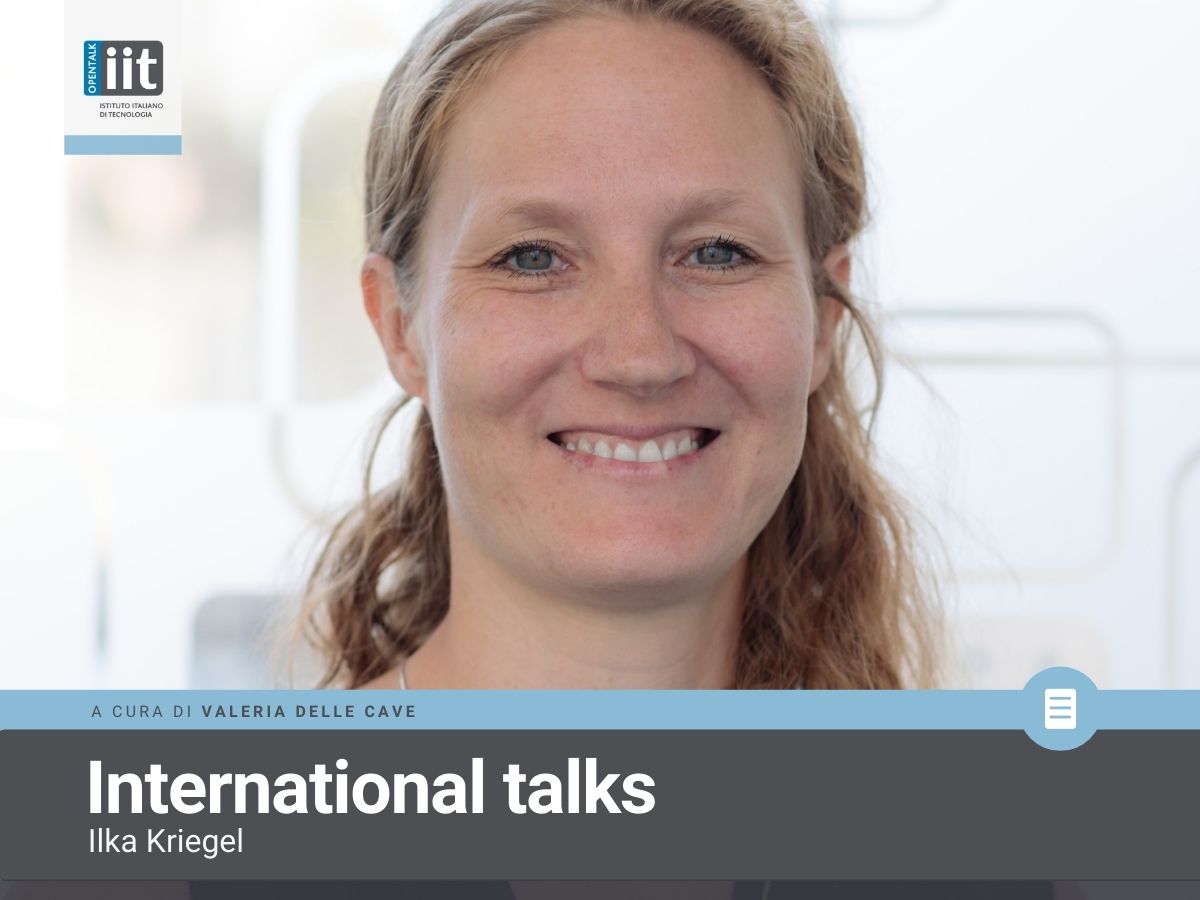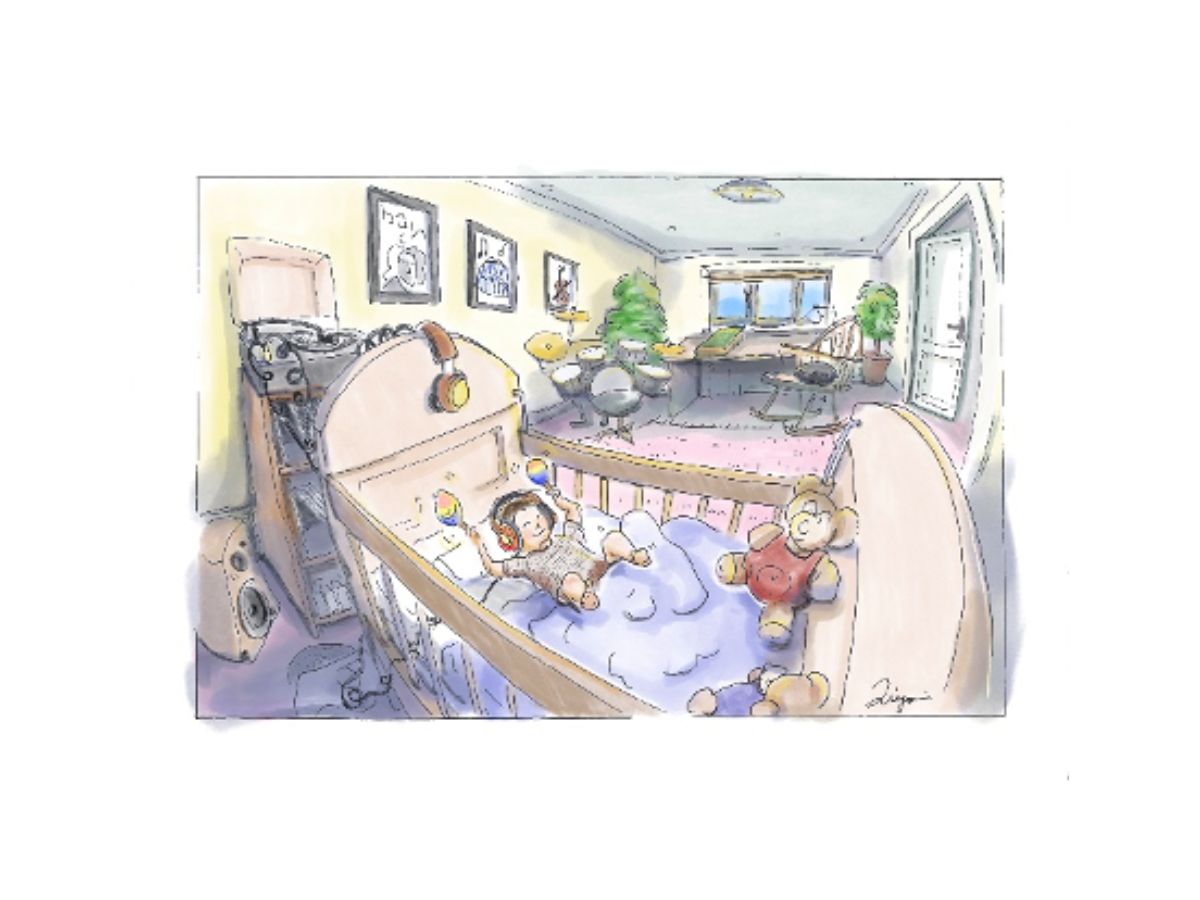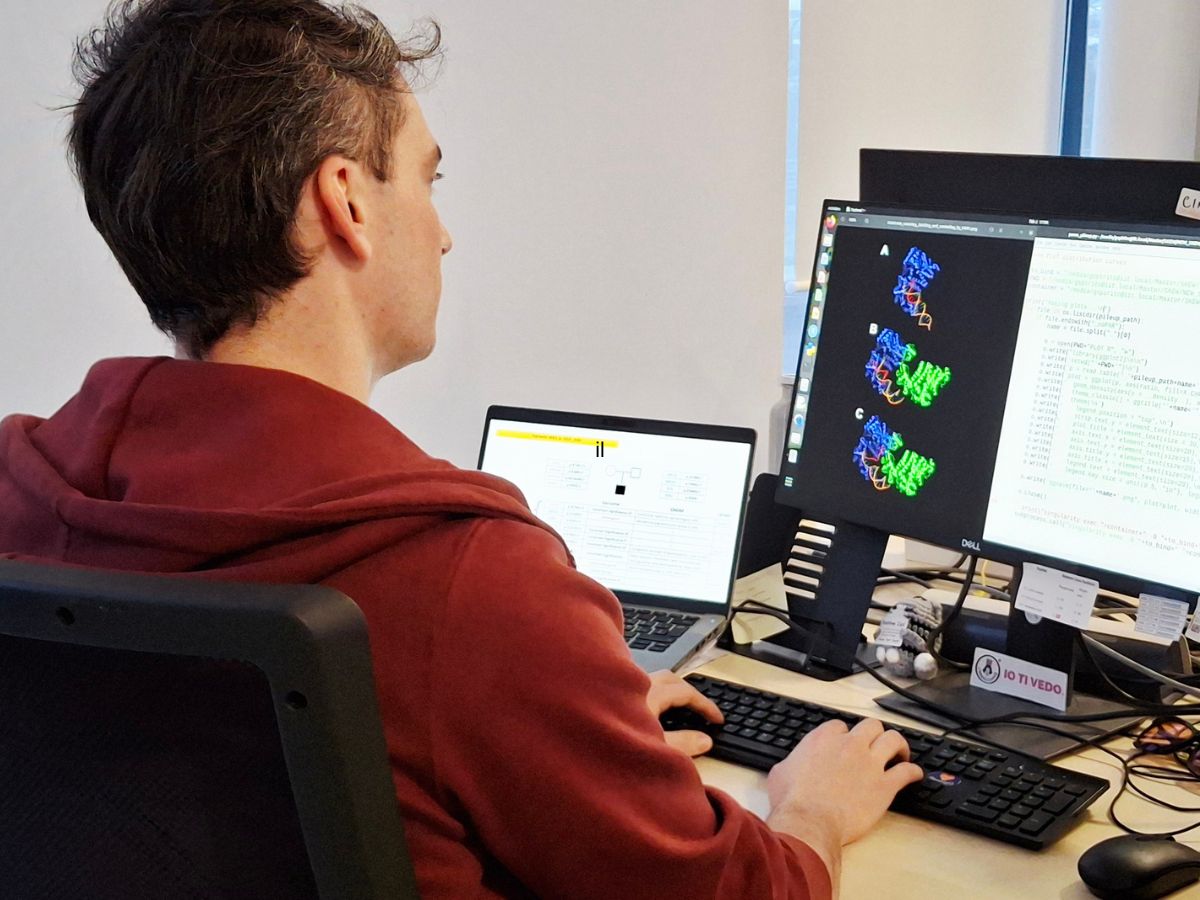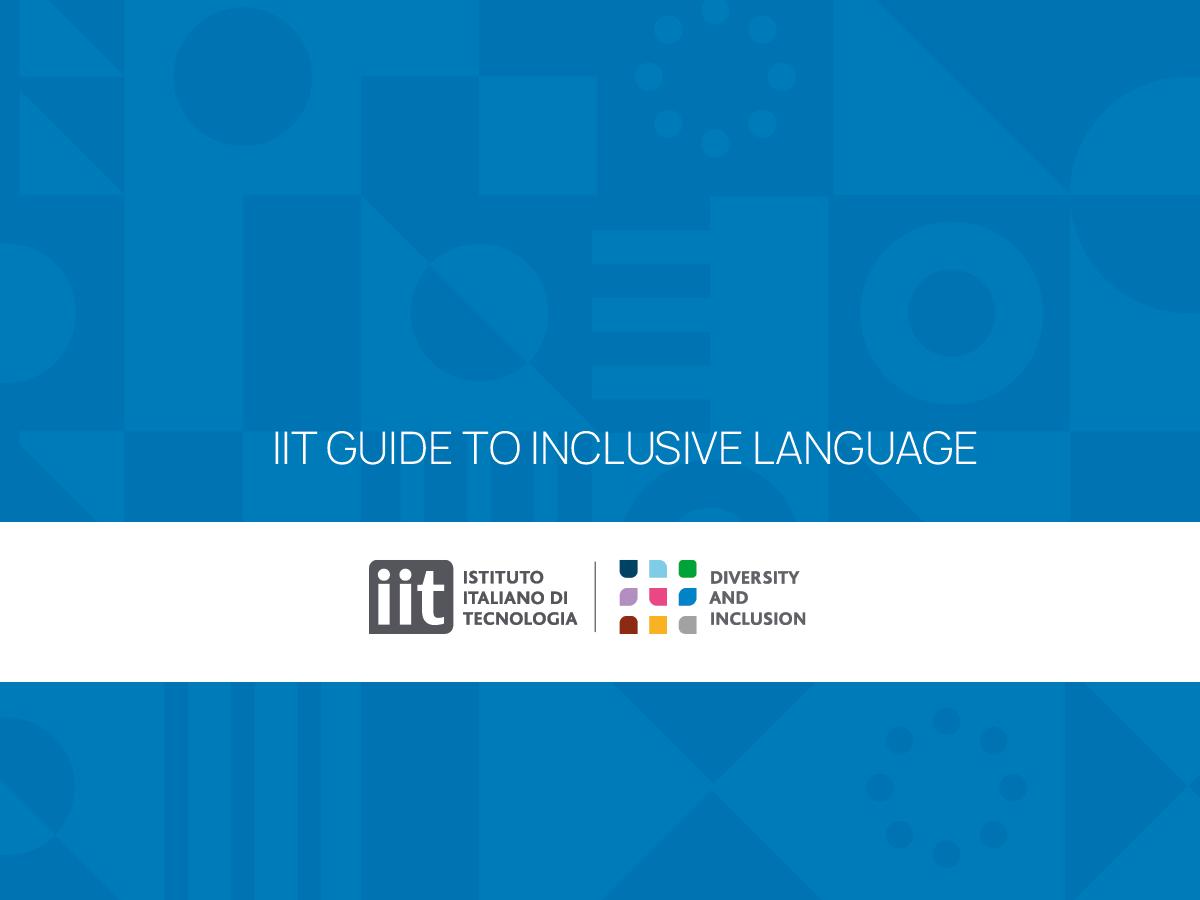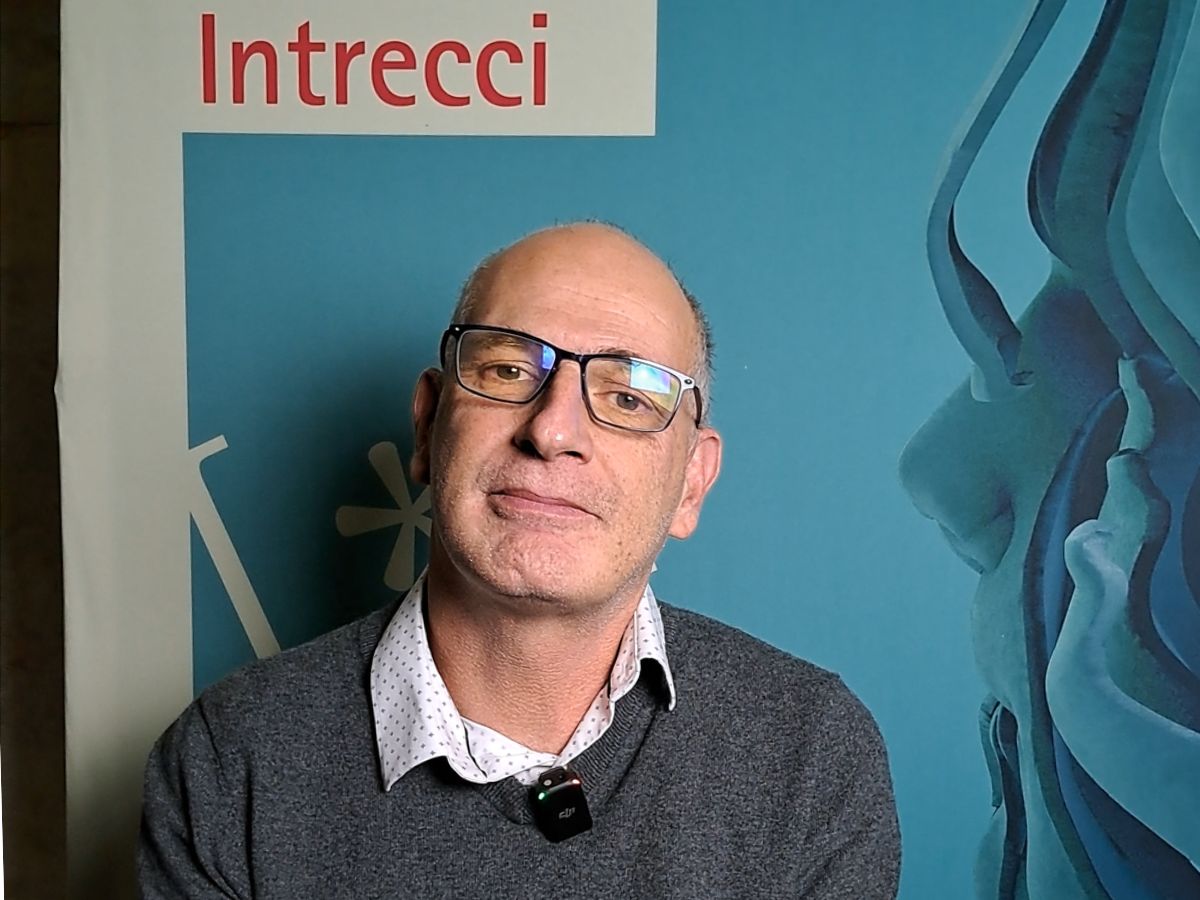“if you don’t’ try, you don’t win. Don’t be afraid of failure and believe in yourself no matter what”
Growing up in Erlangen in the 1980s and 1990s, a wealthy town in south Germany, my youth was pretty much one of lightheartedness and opportunities. Although my parents as my role models for adult life were gender stereotypes as most of the adult couples in my social environment – my Dad working full time in a big company while my Mom took care of me and my two siblings -, I wasn’t raised to think in categories like “girls’ stuff” and “boys’ stuff”. I took ballet classes just as I played soccer, trained martial arts or went to art school. It did not at all seem strange to me after I worked for some years as a ballet teacher to go to college and to study natural sciences in my hometown Erlangen at the Friedrich Alexander University. I attended courses at the interface between chemistry and physics, and so the classes were rather gender balanced. My first steps into a strongly male-dominated world occurred during my PhD in the Physics department of the Ludwig-Maximilians-University, Munich. I was one of the few female PhD candidates there. Acclimating with a social environment that was mainly shaped by men was challenging. There was a different –sometimes rougher- tone of communication and it was important to learn not be discouraged right away. When guiding exercise groups for physics students I realized that generally the female students were much better prepared and avoided doing mistakes, while the male students were more self-secure when talking about a topic they were not well acquainted with. As I have been convinced that a gender balanced team is much more vital and more appealing to attract female candidates, I gladly took over the task to motivate girls into studying natural sciences (and especially physics) by organizing dedicated ‘Girl’s days’.
Not being directly affected by gender issues, I was quite resigned when I encountered certain expectations or prejudices in my work environment that apparently rooted in me being a woman trying to build her career in a man-dominated field. Just as I had never really thought in gender categories, I had never really asked myself whether I wanted to pursue a (scientific) career or build a family. It seemed natural to me to combine both. However, in the years of my early scientific career, I felt as if everyone around me anticipated a lesser availability and capacity for pursuing a career, once being pregnant or having to look after a baby – and this despite building a family of my own was still far away for me.
Gender stereotypes are different in different countries and I was excited during my first postdoc in Italy at the Politecnico di Milano to see so many female professors in the Physics department. Not only were they female, but also mothers and for the first time I felt it could indeed be possible to pursue a career and have a family at the same time.
I was pregnant with my first baby shortly after I spent some time abroad in the United States (Lawrence Berkeley National Laboratory, Berkeley, CA). Suffering from quite severe fatigue during my pregnancy, I began to learn that it is crucial to have people around you that understand your needs, both at home as at work. Luckily, that was the case at the Italian Institute of Technology (IIT), where I had transitioned to in the meantime. I was granted all the liberty that I needed to both fulfill my job just as the one being an expecting mother and I got a lot of support by the institution in building and pushing my career. In the last weeks of my first pregnancy, I was writing my Marie Curie Individual Fellowship proposal, which I submitted shortly after my son was born. He was my good luck charm! At first, going to Berkeley with a little baby seemed crazy. However, we managed to organize our life: my husband was moving between Italy and the US several times a year with the help of a Marie Curie RISE project and my parents helped out in the time in between. Luckily, the group I worked in at the Berkeley labs were all young parents with little kids and so my requirements, as a mother and as a scientist, were accepted. The experience of growing a baby in the US was great and I do not want to miss it.
Back in Genova at IIT, I experienced a supportive environment giving me sufficient flexibility to establish a good work/life balance. Pregnant with my second baby I was encouraged to submit the ERC Starting grant, which would open the doors to a career at IIT. I submitted when my second baby was 6 weeks old. Only half a year later, I knew that I got it, after successfully defending the proposal in front of the ERC panel. That evening my husband together with my little 3 years old son drove 2 hours to pick me up at the airport. Taking both of them in my arms took off all the tension from me that night.
Starting my Tenure Track position in IIT at the beginning of 2020 I was full of ideas and eager to start new collaborations. I submitted a collaborative EU grant proposal (FET Proactive) constructing a new network of scientists on an entirely new topic. I was pregnant with my third baby and the pandemic was ongoing. Each baby one big grant is what a friend once said to me, which is true. However, what he did not know is how many of my proposals were rejected previously.
It is very difficult to put together family and research, considering the availability that is expected in our job, but it is obvious that family also gives you a strength that you did not know of before. What is absolutely required in a scientist’s life is a supporting environment, at work and at home. I am lucky, my husband is scientist as well and at home, we share the family tasks and support each other’s work. During the pandemic this aspect came to an apex, in which we hourly swapped tasks between family and work with grant and paper writing, management and administration, teaching and online conferences, cooking, cleaning and changing diapers.
My personal feeling is that it is important to have the right people around you that take serious both the personal and career needs, and people that support this. Good supporters also push you to go beyond your own limits and worries. In my scientific life, it was always men that gave me this last push to go for it: to write the Marie Curie proposal, to write the ERC grant and to submit other projects. I am missing a bit the female role model in my life. However, now, I have many female colleagues that, just like me, are loving mothers but love their jobs, too.
If we want something, we women have to go for it, just as men do that quite naturally. My suggestion to all women and girls in science out there is “if you don’t’ try, you don’t win. Don’t be afraid of failure and believe in yourself no matter what”.
With many thanks to my dear friends Teresa Lauterwald and Silke Kirchner.
Ilka Kriegel is the head of the Functional Nanosystems group in IIT.

